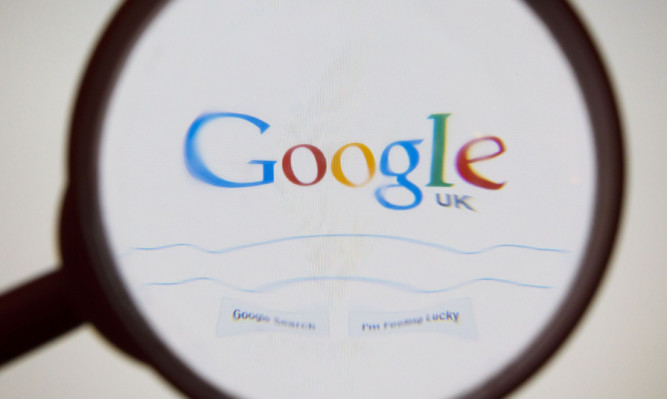Google is to invest 150 million euros (£107 million) over the next three years as part of an agreement with European news publishers which aims to support the journalism industry.
The Digital News Initiative, which was formally unveiled at the FT Media Conference in London, sees the technology giant joining with eight European news publishers, including the Financial Times and the Guardian, to “promote innovation in digital journalism”.
The rise of the internet and digital news curators like the search engine’s Google News have in the past been cited as one of the factors in the decline of the traditional news industry but the technology giant now appears keen to appease and aid large publishers by investing in improving their digital skills.
Google said the investment will be used to “support and stimulate innovation in digital news journalism” and anyone can apply to join the scheme.
“Anyone working on innovation in online news will be eligible to apply, including established publishers, online-only players and technology start-ups in the news space,” said Google.
In 2013 the US company created a similar fund to support French media in order to end a dispute over the search engine’s ability to show headlines and text taken from their sites on Google News.
Google News has also been shut down in Spain after a change in the country’s publishing laws which requires aggregators like Google News to pay publishers for linking to their content.
The European Union is also likely to keep a close eye on any work around new advertising products – the European Commission recently announced an investigation into the search engine’s practices following claims of uncompetitive behaviour.
Rupert Murdoch’s News Corp is not among the initiative’s founding partners, having voiced concerns over the way Google configures search results.
However, Google maintains that anyone can join the initiative, and wants to encourage collaboration and dialogue between the technology and news sectors, as well as offering funding towards innovation and training.
Carlo d’Asaro Biondo, president of Google’s strategic relationships in Europe, said: “The internet offers huge opportunities for the creation and dissemination of great journalism. But there are also legitimate questions about how high-quality journalism can be sustained in the digital age.
“Through the Digital News Initiative, Google will work hand in hand with news publishers and journalism organisations to help develop more sustainable models for news. This is just the beginning and we invite others to join us.”
The initiative could be used to help publishers create new apps for news consumption, or find new ways of tailoring ads to users based on the content they view.
The training aspect will include placing staff in Paris, Hamburg and London to work with newsrooms on their digital skills, as well as investing in new training partnerships with journalism organisations, including the European Journalism Centre (EJC).
The development comes in the wake of Google announcing a change in the way it will handle searches from mobile devices, with the search engine’s algorithm having been updated so that it gives higher ranking to sites which automatically optimise for smaller screen mobile devices, and penalising those that do not.
It also comes less than two weeks after the European Commission sent a Statement of Objections to Google, announcing that it was investigating the firm over antitrust and competition violations in its search results, claiming Google was promoting its own products in Europe ahead of the competition.
Google has strongly denied the claims, saying it has enhanced competition in some sectors.
